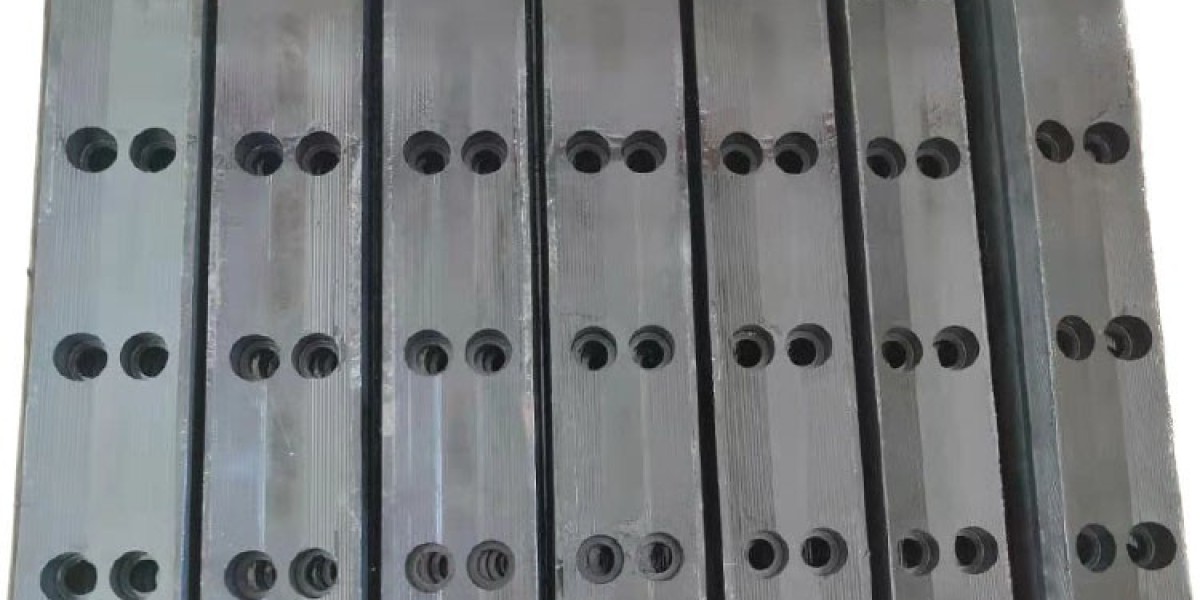Discover how CHP Systems deliver sustainable energy, cut costs, and reduce carbon footprints. Ideal for businesses seeking reliable, eco-friendly power solutions.
CHP Systems, short for Combined Heat and Power Systems, are a game-changer in the world of sustainable energy. Unlike traditional energy setups that waste a lot of heat when generating electricity, these systems capture and reuse that heat—making them way more efficient. Here’s the simple breakdown: when CHP Systems produce electricity, they don’t let the excess heat escape into the air. Instead, they redirect that heat to warm buildings, heat water, or even power other industrial processes. This two-in-one functionality means they use energy sources like natural gas, biogas, or even renewable fuels much more wisely than standard power plants. For businesses, this isn’t just about being green—it’s about getting more value from every unit of energy they use. Whether you run a manufacturing plant, a hospital, or a large office complex, CHP Systems can adapt to your needs, providing a steady supply of both electricity and heat without the inefficiencies of separate systems. Plus, since they generate power on-site, you’re less reliant on the main power grid, which can mean fewer disruptions during outages. It’s a practical, sustainable choice that checks both the environmental and operational boxes for many organizations.
In today’s world, more and more businesses are prioritizing sustainability—not just because it’s the right thing to do, but because it makes good business sense. CHP Systems stand out as a top solution for hitting those sustainability targets, and here’s why. First, their high efficiency directly translates to lower carbon emissions. Since they reuse heat that would otherwise be wasted, CHP Systems emit far less greenhouse gas than traditional electricity generation paired with separate heating systems. For companies looking to reduce their carbon footprint and meet regulatory requirements (like carbon reduction mandates), this is a huge advantage. But sustainability doesn’t have to come at the cost of reliability. CHP Systems provide a consistent, on-site power supply, so you’re not left waiting if the grid goes down. This is especially critical for businesses that can’t afford downtime, like healthcare facilities or data centers. Another big plus is energy independence. With CHP Systems, you’re less affected by fluctuating energy prices from utility companies. By generating your own power and heat, you can lock in more predictable energy costs over time, which helps with budgeting and long-term financial planning. Whether your sustainability goals are driven by brand reputation, cost savings, or compliance, CHP Systems offer a flexible, effective way to achieve them without compromising on performance.
CHP Systems aren’t a one-size-fits-all solution—they’re designed to meet the unique needs of various customers, from small businesses to large industrial facilities, and they deliver real, practical value across the board. Let’s start with industrial plants: manufacturing facilities often use a lot of heat for processes like drying, heating materials, or running machinery. CHP Systems can generate the electricity needed for operations while capturing the excess heat to power those heating processes. This cuts down on both electricity bills and the cost of separate heating systems, leading to significant long-term savings. For healthcare facilities like hospitals, reliability is everything. CHP Systems provide backup power during grid outages, ensuring that life-saving equipment (like ventilators, MRI machines, and emergency rooms) stays running. At the same time, the captured heat keeps patient rooms warm and hot water flowing—critical for patient comfort and safety. Even commercial buildings like office complexes or shopping malls benefit. CHP Systems can power lighting, HVAC systems, and elevators while using excess heat to warm the building in winter or heat water for restrooms. This not only reduces energy costs but also improves the comfort of employees, tenants, or shoppers. For agricultural operations, too, CHP Systems can be a boon—using biogas from farm waste to generate power and heat, turning a waste product into a valuable energy source. No matter the industry, the core value remains the same: CHP Systems turn energy use into a more efficient, cost-effective, and reliable process that aligns with what customers actually need.
When it comes down to it, CHP Systems are more than just a sustainable energy solution—they’re an investment in long-term efficiency, reliability, and cost savings. Throughout this article, we’ve covered how these systems work by reusing waste heat to generate both electricity and heat, making them far more efficient than traditional energy setups. We’ve also explored why they’re a smart choice for sustainability goals, helping businesses cut carbon emissions and meet regulatory requirements without sacrificing performance. Most importantly, we’ve highlighted how CHP Systems deliver practical value to different customers—from industrial plants saving on operational costs to hospitals ensuring uninterrupted care, and commercial buildings improving comfort while reducing bills. The key takeaway here is that CHP Systems don’t just check the “sustainable” box—they solve real problems that businesses face every day: unpredictable energy costs, grid reliability issues, and the pressure to reduce environmental impact. By choosing CHP Systems, customers aren’t just adopting a new technology—they’re taking control of their energy use, lowering their long-term expenses, and positioning their organizations as forward-thinking, responsible leaders in their industries. For anyone looking for a energy solution that’s both eco-friendly and business-savvy, CHP Systems are a clear, valuable choice.
 test test test test test test test test
על ידי qcj12812
test test test test test test test test
על ידי qcj12812 Желаете заказать по комфортной стоимости диплом или же аттестат?
על ידי sonnick84
Желаете заказать по комфортной стоимости диплом или же аттестат?
על ידי sonnick84 Kadir Saraçoğlu SpaceColon CosmicBeetle
על ידי kadir saraçoğlu
Kadir Saraçoğlu SpaceColon CosmicBeetle
על ידי kadir saraçoğlu Üsküdar Su Kaçağı Tespiti
על ידי ustaelektrikci
Üsküdar Su Kaçağı Tespiti
על ידי ustaelektrikci elektrikli süpürge tamir servisi
על ידי ustaelektrikci
elektrikli süpürge tamir servisi
על ידי ustaelektrikci

